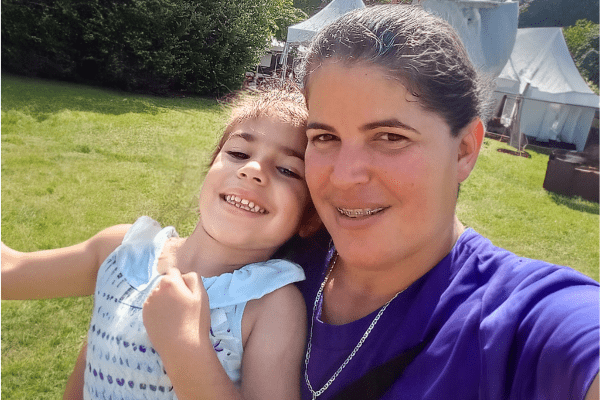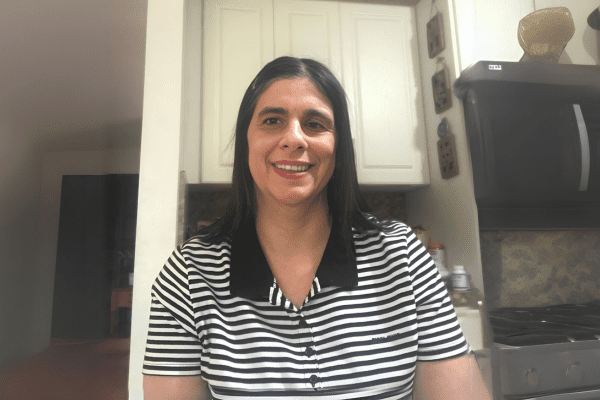
Yammara | Unwavering Support
Yammara Sambrine has been part of Epilepsy Alliance Florida since she moved to Miami in 2006. She had her first

Magdalena’s epilepsy diagnosis at the age of five shaped her childhood into one marked by ostracism and misunderstanding. This included being placed in special education classes, despite her good grades. Later, during her high school years, she was able to hide the disease because her seizures were “not that noticeable” and lead “a normal teenage life of socializing and attending events, like prom.” Still, Magdalena dreaded others finding out about her condition.
In college, newfound freedom and pressures led her to neglect her medication regimen and engage in risky behaviors. This lifestyle resulted in Magdalena experiencing her first tonic clinic seizure – a frightening wakeup call that prompted her to confront her epilepsy and prioritize her health.
Her first step was to join Epilepsy Alliance Florida for guidance and support. At first, she joined to talk to other people with the same condition and educate herself about it. During this time, she worked tirelessly with her neurologist to find the right combination of anti-seizure medications. The Alliance helped her afford the prohibitively expensive anticonvulsive medications she needed, particularly in times of limited access to healthcare. Magdalena often wonders where she would be today if it wasn’t for Epilepsy Alliance Florida’s help.
After making significant lifestyle changes to better manage her epilepsy, Magdalena graduated with a BS in psychology and found a job shortly after. She continued her involvement with Epilepsy Alliance Florida during this time.
Beyond medical support, Magdalena has engaged in various programs offered by the Alliance, including case management services, fundraising walks, client dinners, free psychological counseling, and epilepsy support groups. These initiatives provided practical assistance and served as spaces where Magdalena felt welcomed, understood, and supported.
Participating in epilepsy support groups was particularly life changing for Magdalena. Initially feeling ashamed and fearful of disclosing her condition, she eventually found solace in sharing her experiences with others who understood, firsthand, what she was going through. This newfound sense of acceptance and belonging empowered her to embrace her identity openly, breaking her free from a shell of secrecy and stigma.
Mental health counseling sessions with Dr. Siskind at Epilepsy Alliance Florida facilitated an improved dynamic in Magdalena’s relationship with her mother, who had been understandably overprotective, and empowered María to foster independence.
Most recently, Magdalena’s case manager connected her with resources tailored to her specific needs, including vocational rehabilitation and services for the blind and visually impaired. These resources provided Magdalena with job training and placement assistance, as well as specialized education and technologies to enhance her independence and quality of life.
According to Magdalena, “You must educate yourself about this condition, take your medications as prescribed, and live as healthy a life as possible. And be open about your condition. I told my partner about my epilepsy seven years ago and we’ve been together since. I owe my confidence and fearlessness to my community at Epilepsy Alliance Florida.”

Yammara Sambrine has been part of Epilepsy Alliance Florida since she moved to Miami in 2006. She had her first

Meet Teo Vasconcellos, an inspiring 18-year-old boy who came to the U.S. from Argentina in 2016. At the age of